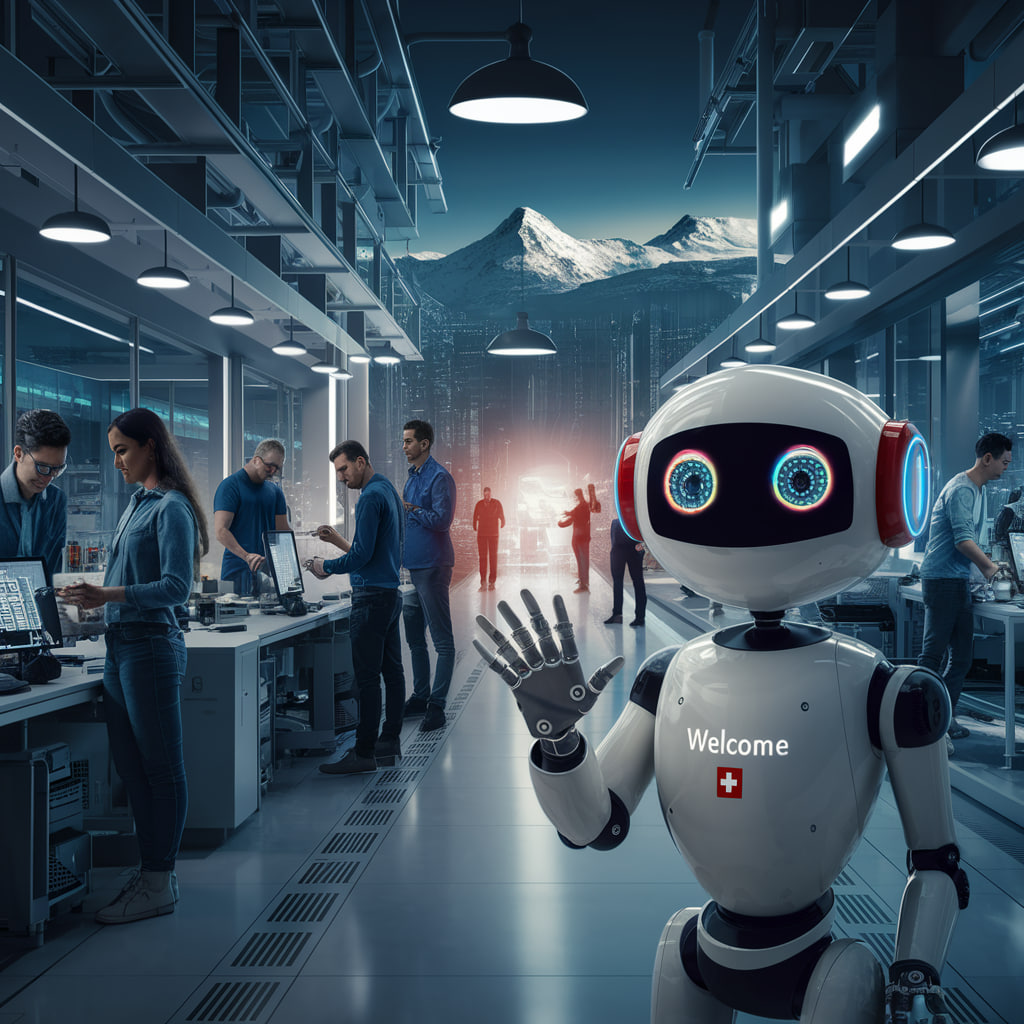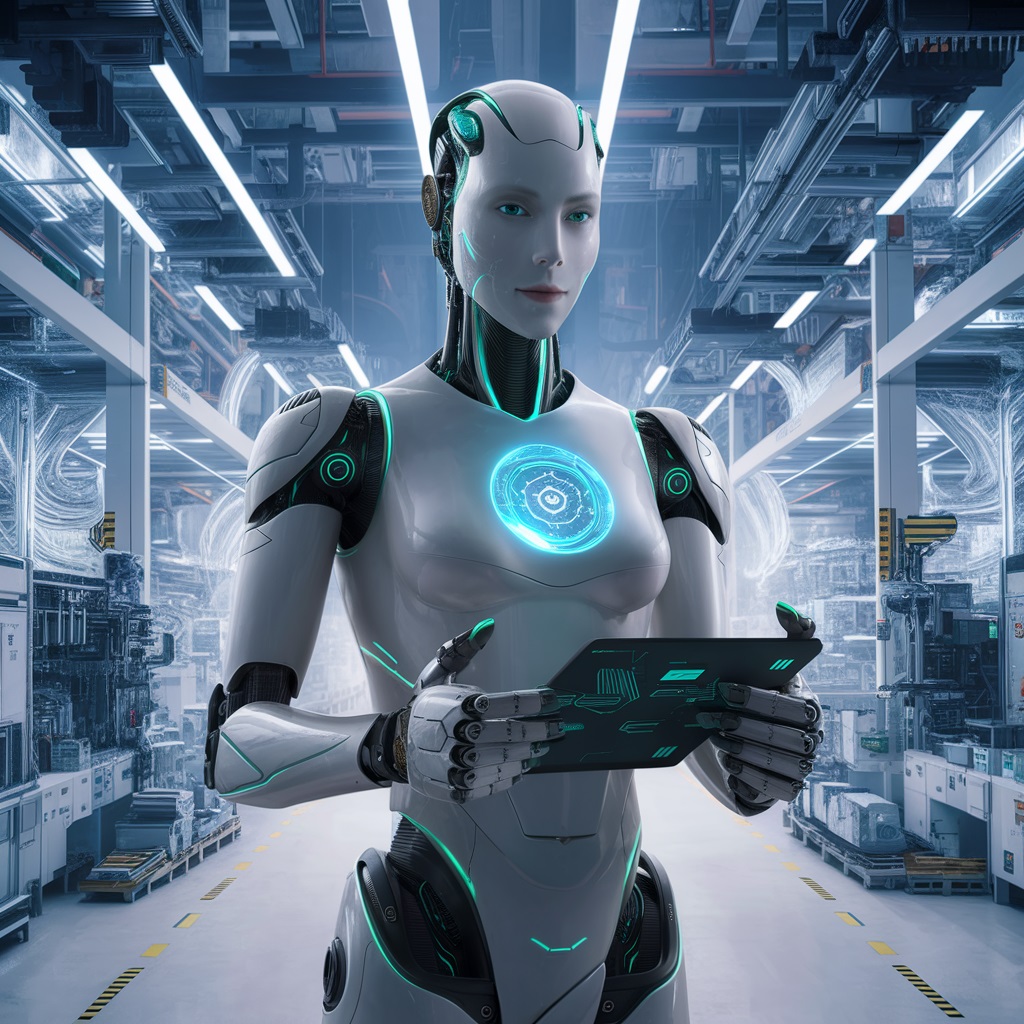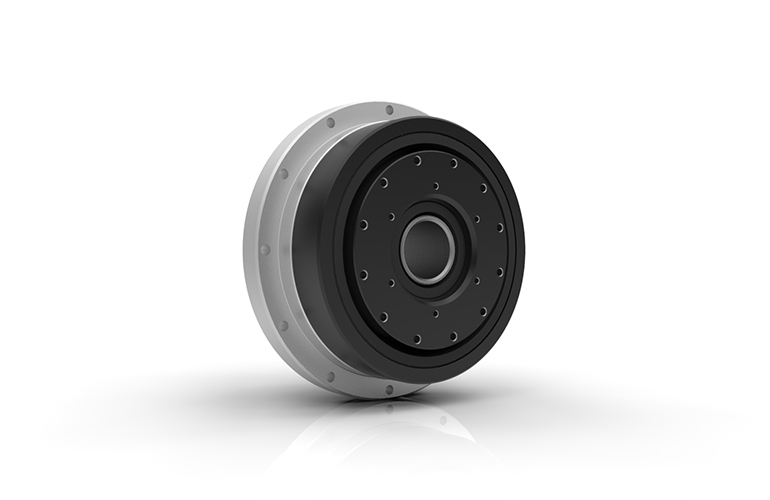In a world where technology is rapidly changing how we work, Locus Robotics is writing a new chapter in warehouse logistics. The Massachusetts-based company has just hit a remarkable milestone: its robots have collected over 5 billion products for consumers worldwide.
The Robot Revolution in Warehouses
What does this mean? It's a clear sign that robots are no longer just a futuristic concept—they're becoming an essential part of how businesses move goods. Locus Robotics is at the forefront of this transformation, serving more than 150 customers across retail, e-commerce, healthcare, and industrial sectors.
How Do These Robots Work?
Locus Robotics uses a unique approach called "Robots as a Service" (RaaS). Instead of companies buying robots outright, they can essentially rent these intelligent machines. The company offers several robot systems:
- Locus Origin
- Vector
- Locus Array (their newest system for high-intensity logistics centers)
By the Numbers
The warehouse robotics market is booming:
- Total market value: $1-1.5 billion annually
- Locus Robotics controls 10-15% of the autonomous mobile robot market
- Ranked in the Top 5 US market participants
The Speed of Innovation
Just to put things in perspective, Locus Robotics reached its previous milestone of 4 billion products in October 2024. Now, they've quickly added another billion to that count. This rapid growth reflects the increasing demand for warehouse automation.
Why Robots?
These aren't just cool technological toys. Warehouse robots offer real benefits:
- Increased efficiency
- Reduced operational costs
- Ability to scale business processes
- Faster order processing
The Bigger Picture
The rise of e-commerce giants like Amazon and Walmart is driving this robotic revolution. As online shopping continues to grow, companies need smarter, faster ways to move products from warehouses to customers.
Looking Ahead
Locus Robotics represents a glimpse into the future of work. These robots are more than machines—they're a new workforce that works alongside humans, making logistics faster, more accurate, and more efficient.
The 5 billion product milestone isn't just a number. It's a testament to how artificial intelligence and robotics are reshaping industries, one warehouse at a time.


















